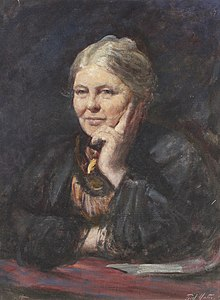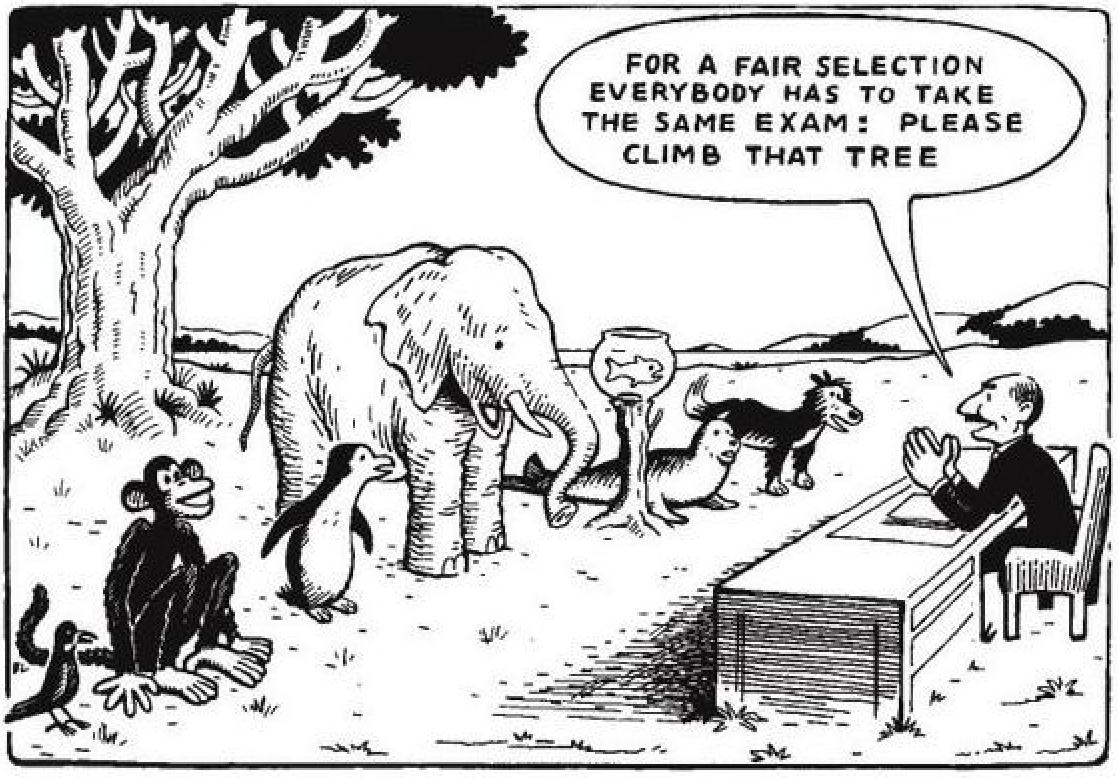I have been familiar with, and a proponent of the Charlotte Mason method of home education for many years but it has only been recently that I have fully understood her "born persons" theory.
Charlotte Mason believed that children were born as whole persons, already imbued with a body, soul, spirit, mind, will and emotions. She believed that the purpose of education was to draw out the best of what was already there, to help children to reach the potential that was already present within them.
She says:
"If we have not proved that a child is a born person with a mind as complete and as beautiful as his beautiful body, we can at least show that is, that his mind is the instrument of his education and that his education does not produce his mind." (my emphasis.)
Charlotte believed that a child was already a whole person and by feeding and nourishing him or her as a whole person they would develop naturally and reveal that whole person.
When Charlotte Mason wrote this, children were educated in quite a different way. Educational philosophy dictated that each part of a child was separate and must be developed and focused on by a teacher in a particular order in order for a child to become a complete person.
It was thought in Charlotte Mason's time that some children were not capable of elevated thinking and their minds were only fit for manual labor, it was not considered worth educating them on the arts or history etc, but Charlotte believed that all children could find value and beauty in Art, Poetry and Literature to one degree or another if only they were exposed to the wonder of it and given the opportunity in the right environment and with the right approach.
This might sound very sensible to our modern ears, though it was quite revolutionary in the late 1800s to early 1900s. However we still have far to go in order to really understand children as Charlotte Mason did, and to put her philosophy into practice.
I saw a clip from the news recently showing a young man receiving his GCSE results, he had done very well, achieving top grades. I looked to the comments section below and read a comment implying that if only all children worked as hard as this child, then everyone could achieve as he had.
I feel like I am a testament to the inaccuracy of this statement, having worked so hard and with excellent teaching I still only achieved a grade C in maths. I am extremely proud of that grade C, it was what I needed to get where I wanted to go and I worked so so hard for it. I do not believe there is any way that I could have done better, I could not have worked harder, my own mental capacity in this subject area was what limited me. I flourished in other subjects and that's ok, we cannot all be experts in everything.
However I think the world forgets this, we live in a time where we are told, and we tell our young people that they "can do anything you set your mind to" (Benjamin Franklin) if they work hard enough. This is not true and it is incongruent with Charlotte Mason's philosophy (Sorry Ben!) Charlotte acknowledges that each child has different capacities, limits, strengths. She says "Genius comes by nature" that is to say that some children have genius and some do not and no amount of education can create it. And that's ok! The point being that a child is not born as a blank sheet of paper just waiting to become either a genius (with the correct attitude, mindset and willpower) or a delinquent (with the wrong attitude, mindset and lack of willpower), their born nature plays an important part as well.
It is easy to dismiss children who are struggling in a subject or skill as simply not trying hard enough, not working hard enough or not applying their mind enough to the task, and this is where the notion that "you can do anything you set your mind to" is problematic. The reality might simply be that their born nature has strengths that would excel elsewhere given then right environment, habits and approach.
I couldn't have put my mind to it any harder that I did back when I did my maths GCSE, my limit was a C. It wasn't any lacking in my upbringing that meant maths wasn't my strength, it was my born nature.
The other problem I see with people not seeing children as whole persons is that, because they see a child as a blank sheet of paper waiting the have a mark made upon it, they expect children to be exact replicas of themselves or their parents, (for good or for ill) parents want their children to behave and act in the way that they would, or at least in he way they want, and likewise have low expectations for children of parents who have struggled in life.
This is problematic for children who do not act how their parents would want. For example if we place a group of boys, or otherwise energetic and spirited children in a confined space and expect them to sit quietly listening for an hour, it would be unreasonable of us to get cross when they found this difficult, although a group of girls or quieter children may be able to do this without difficulty because their nature is to be able to do so. This is not the fault of the boys or their parents teaching and training, it is the fault of the parents or educators having unreasonable expectations.
I again speak from personal experience as a person who was a very biddable child who could sit listening for fairly long periods of time without difficulty, but I observe my sons and see that this is not something they would be able to achieve, not because their character is lacking, because they haven't been taught or disciplined in the right way by me, but simply because it is not in their nature, they are their own people, with their own strengths and weaknesses, it's like Einstein says:
"But if you judge a fish by its ability to climb a tree, it will live its whole life believing that it is stupid."
I haven't included the first part of this quote which is "Everybody is a genius" because, as previously discussed, I do not agree (sorry Albert!)
Likewise for the child of parents who have struggled in life, (who perhaps haven't had the right opportunity to flourish and find their strengths), their nature isn't necessarily going to replicate that of their parents (although I do acknowledge that nurture plays a part in how a child develops of course) given the right environment, habit training and approach these children can thrive and flourish and find their own strengths just as well as those whose parents have been successful, but if we dismiss children as failures before getting to know their nature and finding out how they can thrive we do them a great disservice.
Each child has their own unique and individual personalities that they're born with and grow into with our help, none is a mini me, a blank sheet ready for us to impress our own personalities, and people who think this will be in for a shock when they discover that their children have their own minds, their own natures, their own strengths (and weaknesses) and personalities.
The first example above is posed as a fault of the child; they did not work hard enough, or put their mind to it enough, the second example is posed as the fault of the parent for not training or disciplining their child correctly. Neither is true, and once we start to see children as born persons we can begin to understand them and nurture their personalities and nature more appropriately, set more reasonable expectations, and allow our children to thrive and flourish in areas where their can.
This is meant to be one of the beautiful things about home education, but it is so easy to get ourselves caught up in trying to squeeze our children into the shapes we want them to be rather than allowing, encouraging, nurturing them to grow into the shapes they were meant to be. I know I have been guilty of this and I am taking stock, remembering that each of my children has their own unique personalities, their own learning preferences, their own capacities and their own passions.
I look forward to discovering who each of my children grow to become, watching them find their strengths, and seeing them thrive when I allow for their own unique qualities to shine forth.











